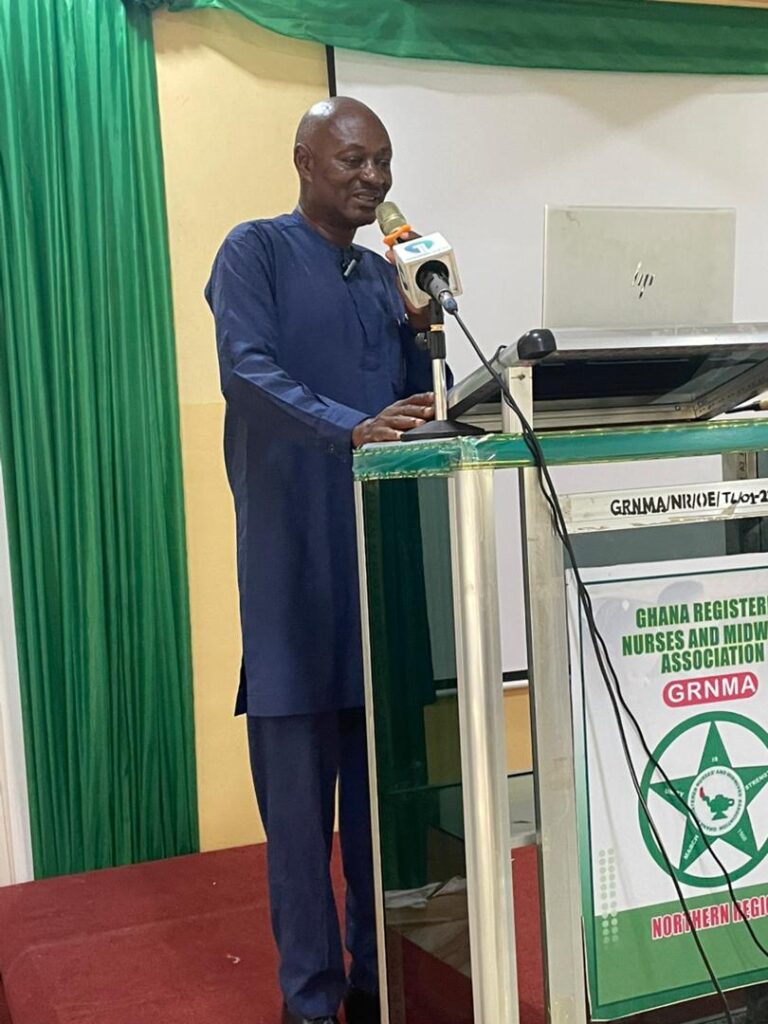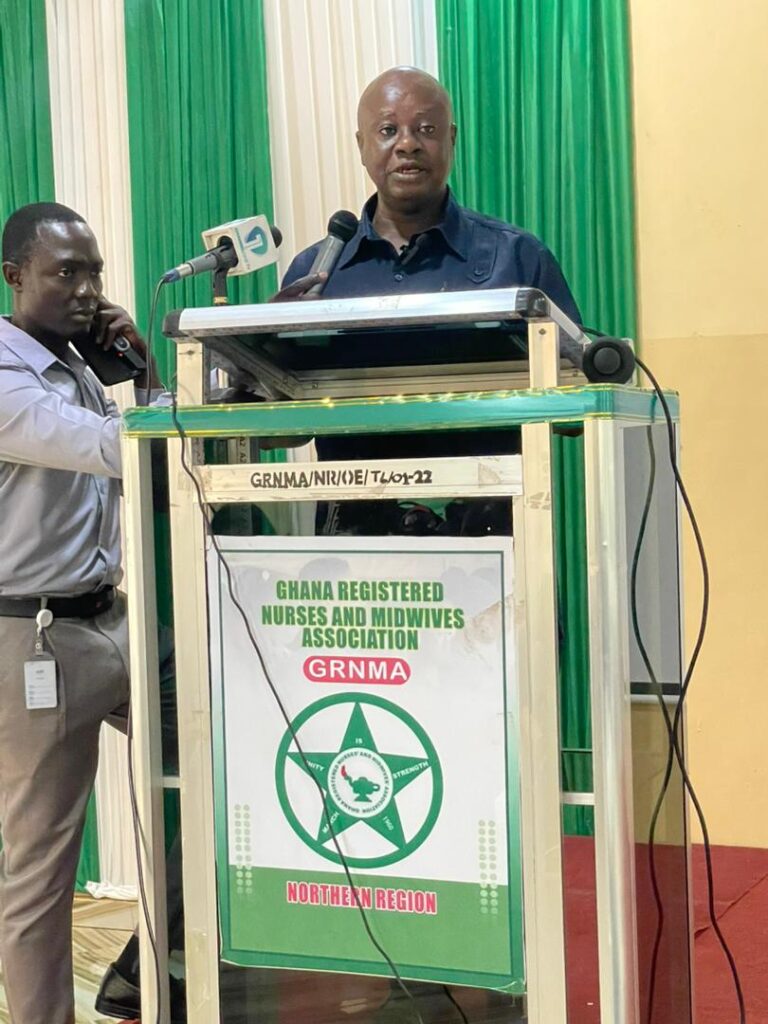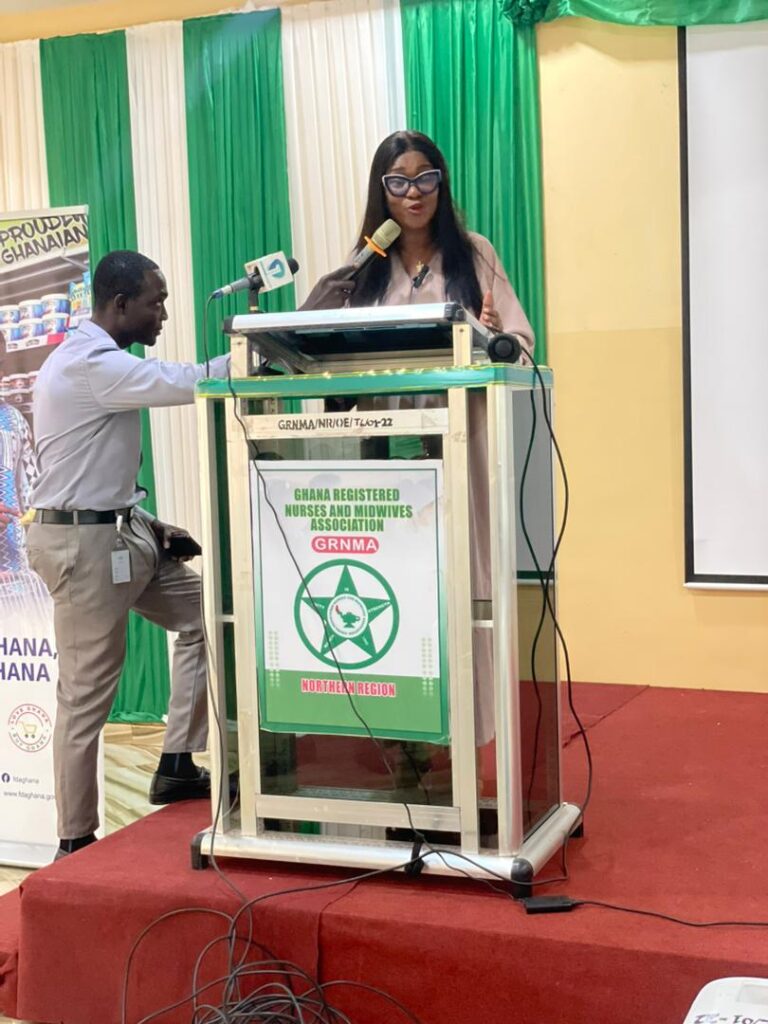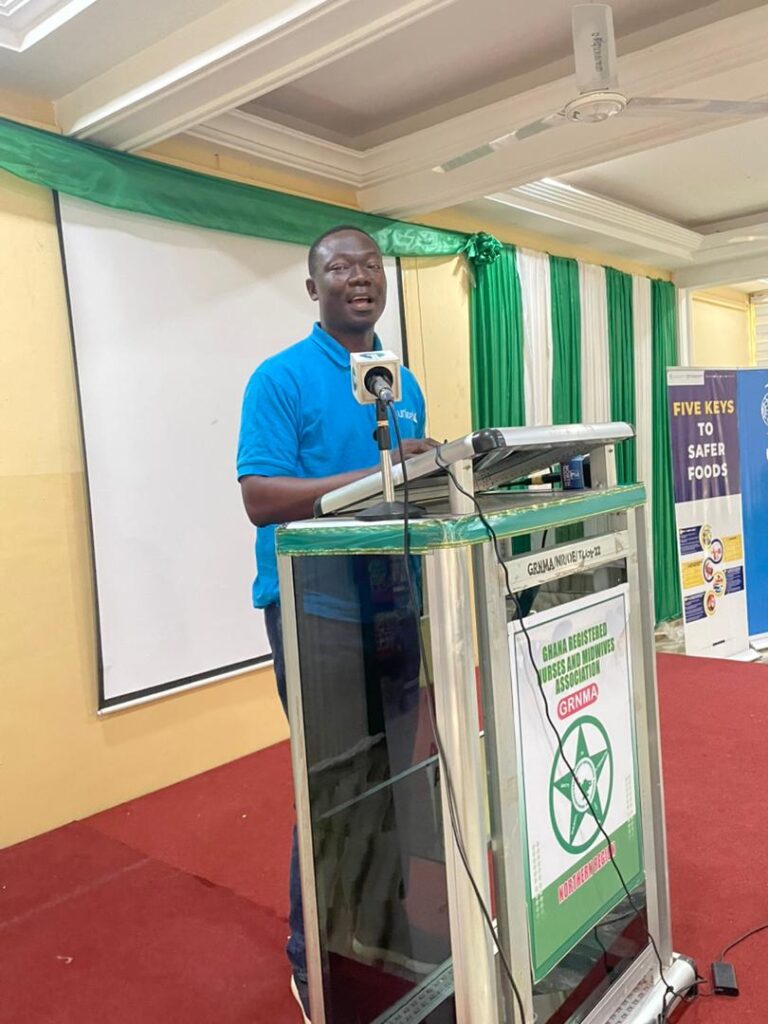Tamale – The Food and Drugs Authority (FDA) has called for stronger multi-sectoral collaboration to address the growing public health risks associated with the consumption and use of products found to contain unsafe levels of heavy metals in parts of the Northern and Savannah Regions.
This call was made during a one-day stakeholders engagement held in Tamale to brief stakeholders on “Findings of Unsafe Levels of Heavy Metals in Kohl, Turmeric, Cereal Mix, Bentonite Clay, and Skin Lightening Creams in Northern and Savannah Regions.”
The meeting brought together officials from the FDA, Ghana Health Service, UNICEF, state departments, traders and market associations, civil society groups, and traditional authorities to deliberate on findings and the need for strict monitoring of products on the market.

Welcoming participants, Mr. Zakaria Braimah, Northern Regional Head of the FDA, noted that the Authority’s latest market surveillance revealed worrying levels of heavy metals such as lead, mercury, Kohl, arsenic, and cadmium in products widely used by households, especially women and children.
“These products are being consumed or used daily in many homes. The risks associated with them are severe, and it is important we work together to ensure the safety of the public,” he said.
Mr. Roderick Daddey-Adjei, Deputy Chief Executive of the FDA, reaffirmed the Authority’s commitment to enforcing regulations and intensifying public education.
He emphasized that the FDA alone cannot win the fight, stressing: “Protecting public health requires strong cooperation between regulators, traders, producers, the media, and the general public.”
The Director of Regional Operations at the FDA, Ms. Maria Lovelace-Johnson, and officials from UNICEF also pledged continuous partnership with community actors to reduce the supply and patronage of unsafe food and cosmetic products on the market.
Meanwhile, Dr. John Ekow Otoo, Savannah Regional Health Director, highlighted the dangers of heavy metals in food, particularly in commonly consumed cereals which are often introduced to babies after six months.
“We cannot stop consuming cereals because they are part of our staple. The issue is how they are grown, harvested, processed, stored, and prepared,” he explained.
He underscored the need for standardization across the entire food production chain to prevent contamination.

Dr. Otoo warned that heavy metals contribute to multiple severe health conditions including chronic kidney disease, anemia, blood-related cancers, and fetal abnormalities among pregnant women.
“Many of the health complications we are seeing today have direct links to long-term exposure to heavy metals. Everyone should be concerned,” he cautioned.
He further noted that while illegal mining areas are commonly associated with contamination, the problem is national, as food products are transported across regions.
During the meeting, stakeholders called for
Strengthening regulatory monitoring and enforcement, increasing public awareness and education, encouraging safe agricultural and processing practices, supporting traders to identify and avoid unsafe products.
The FDA reaffirmed that it will continue its investigations and ensure that harmful products are removed from the market to safeguard public health.
The stakeholders meeting was held at the conference hall of Nurses and Midwives Lodge in Tamale on 30th October, 2025.
Abdulai Zulkaninu – 0242381890
























